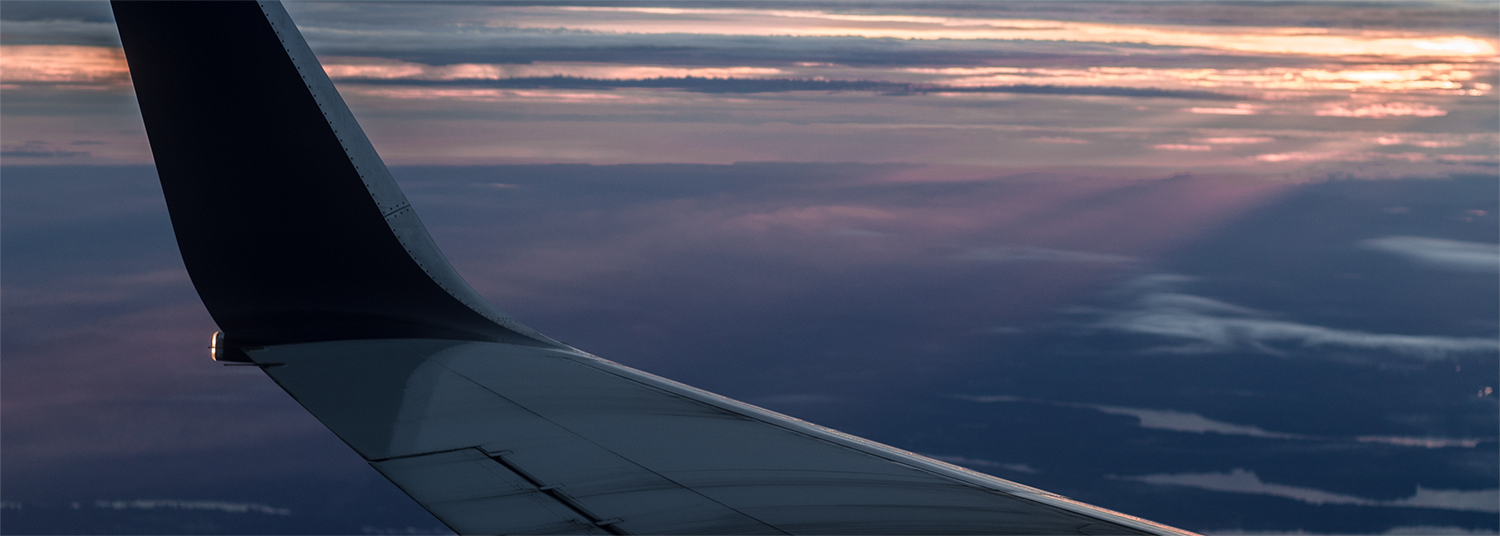


By: www.dailytrust.com.ng
Smoke reportedly engulfed ’Aero Contractors flight NG316 from Port Harcourt International airport to Lagos on April 18, causing panic among the passengers. The smoke engulfed the cabin some 20 minutes after take-off and continued until it touched down in Lagos. The flight had departed Port Harcourt airport at 1608GMT with 52 adults and one infant on board. The plane was a Bombardier Q300 Dash 8. There are different accounts of the incident with some claiming that the smoke came from the baggage compartment. The airline’s Managing Director Captain Ado Sanusi said on Wednesday that the smoke originated in the cargo section of the aircraft and got into the cabin through the air-conditioning system. He said the pilot however conducted the flight well and landed safely, adding that there was no technical problem with the airplane. Capt. Sanusi, who has also reported the incident to aviation authorities, said another round of thorough investigation was ongoing. One of the passengers who noted that officials of the Fire Service Emergency Unit were already waiting on the runway as the plane eventually landed in Lagos, however stated that no apology or explanation was offered to the passengers. Barely 48 hours later, another airliner, Air Peace, grounded two of its planes after they brushed each other while being towed to the ramp of the General Aviation Terminal [GAT] of Murtala Muhammed Airport, Lagos to be in position for departure. Air Peace said the wing of one of the planes, a B737 with registration number 5N-BQR, brushed the wings of another stationary plane with registration number 5N-BQP on the ramp. There were no passengers on either aircraft at the time of the incident. Flying is often said to be the safest form of transport. Globally, data show that flying is about five times safer than it was a quarter century ago, with twice as many airplanes carrying twice as many people but when midair calamity strikes, the results are often catastrophic. Speculation is immediately and unhesitatingly articulated by social media trending, and news of such avoidable air mishap travels fast, moving relatives of passengers quickly from a state of anxiety to one of hysteria. While we may always have the occasional accident and near collisions, the onus is on the authorities to strive even harder to avoid the avoidable ones which are due to poor maintenance, lack of observing the rules or what are lumped together as “pilot error.” For smoking to be billowing into the cabin of a plane in flight is a terrifying experience for passengers and even the crew. We are very happy to note that this particular incident did not end in a catastrophe but Aero Contractor’s management and the aviation authorities still have many questions to answer. Efforts have been made by both Aero Contractors and aviation authorities to downplay this incident, especially since the plane landed safely, but it must not be swept under the carpet. To begin with, this company has been facing financial difficulties for a long time and its management was taken over by Assets Management Company of Nigeria [AMCON] last year as part of debt recovery efforts. This is not an enviable position for an airline to be in and the danger is real that in this transitional phase, maintenance of aircraft and equipment may be sub-optimal. We are not saying this is what happened, only to underscore the need for thorough investigation of the incident and for the public to hear the truth about what happened. Reports of air mishaps and near mishaps tend to take years to come to light. This incident should not be all that difficult to unravel. We want to know what caused smoking in the cabin of a plane in flight and if anyone was guilty of negligent conduct, that person or persons should be sternly punished.
View original article
Leave a Reply